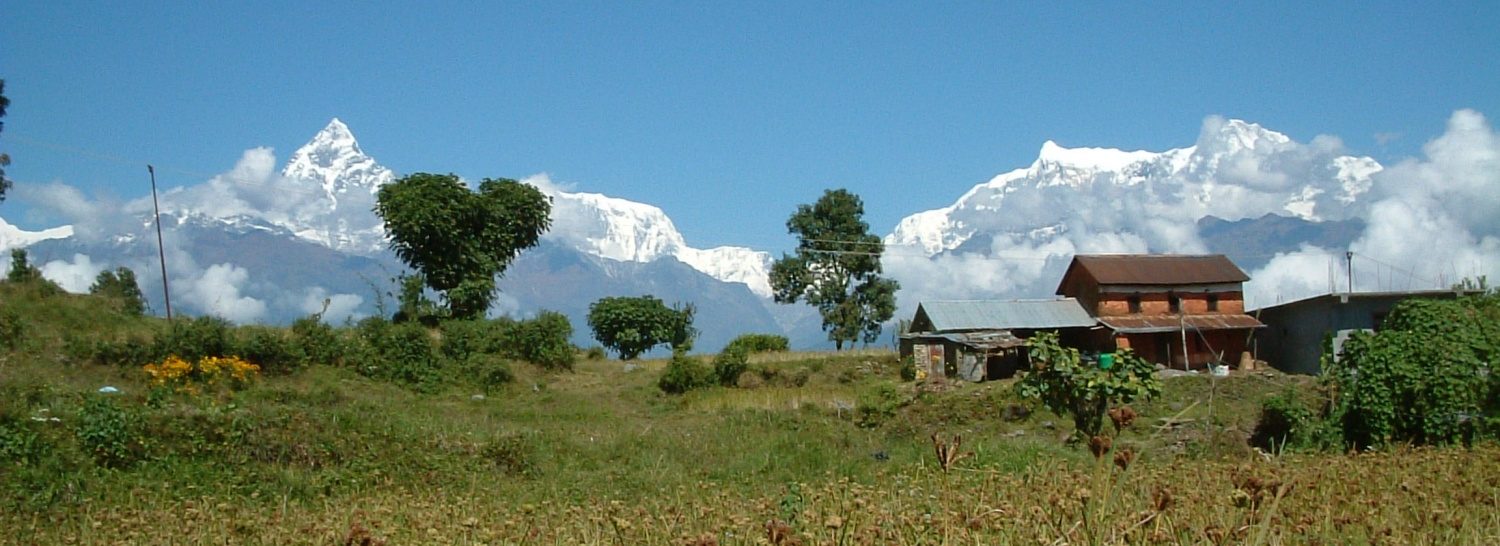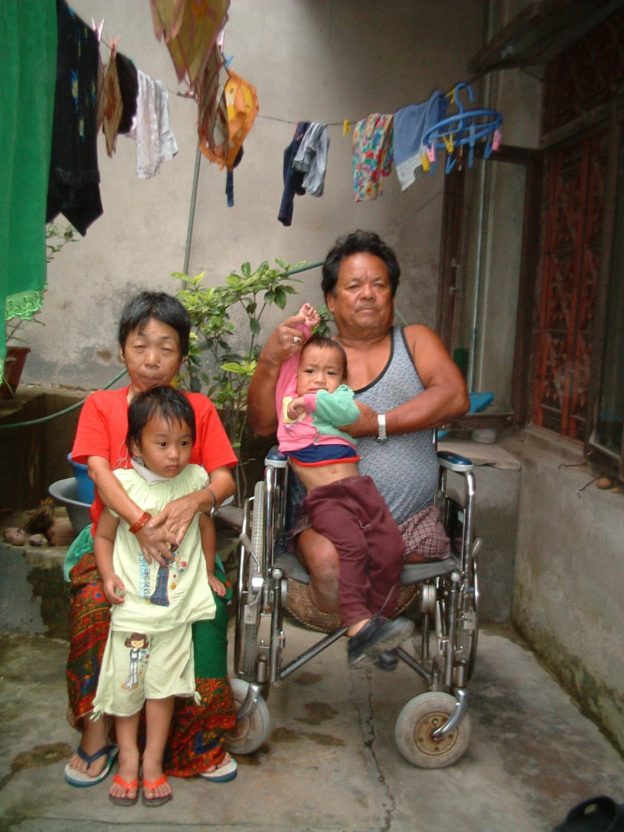Maya Thapa (53) is one of many disabled people living in Nepal. Life has always been hard, but now that she has lost her only daughter, it has become unbearable.
- We used to think that money is not everything, but now we think there is nothing bigger or better than money.
In front of a grey stone house on a dry river bank in Kalanki, east of Kathmandu, a smiling man in a wheel chair greets us, waving both of his hands. He is Akal Thapa. His friendly being is easy recognizable as he is sitting in a wheelchair. His hear is tousled, on his lap sits his two and a half year old grandchild Uswal. Both Maya and Akal Thapa are disabled, neither of them can walk anymore. We follow Akal inside the living room, where Maya is waiting in the dark. She is sitting on top of the bed, wearing a red t-shirt and a green longi which village women wear for work. Her hands are clutched around her knees. She is the only woman I have seen in Nepal with short hear. It is too hard to wash it. At the wall behind her, hangs a picture of two young beautiful people. It is her daughter Purnimas wedding picture.
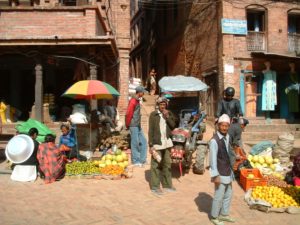
It has only been four months since it happened. The two children lost their mother and Maya and Akal their only daughter, only 23 years of age. Maya takes a deep breath before she starts telling the story.
- We used to have a poultry farm, and our daughter used to take care of it. It was a cold and rainy night. At half past seven it was getting dark, and it was cold and muddy in the farm, so our daughter went to change the bulb to keep the chicken warm. We heard her scream for help. Then we found her there, her body lying on the floor. We tried to move her, but it was not possible, Maya says through the tears. Akals body is shaking.
- The wire that killed her was underneath her body. There was no more hope. She had died in a minute. Then she was brought to the hospital and declared dead, even if she was still warm, Maya says crying.
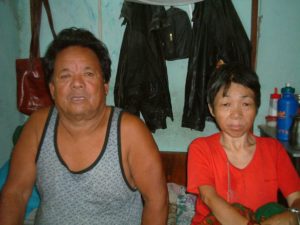
While his grandmother is speaking, the little boy becomes restless and starts moving around on top of the bed. Maya gets down to prepare a bottle of milk for him. She can not walk anymore, in stead she moves close to the floor, her feet crouched underneath her body. But it hurts for her to move like this. The small one is drinking thirstily, waving the bottle to show the us what he can do. After finishing the bottle, he keeps our attention by pushing a small green plastic chair in front of him, all the time studying us closely to see if we are watching.
Maya met Akal in the hospital. Both of his legs had been amputated after he served in the Indian army as a young man. Once he was posted at the Chinese-Bhutanese border where there was heavy snowfall and the weather was icy cold. The soldiers used to make fire to keep warm, and Akals legs were hurting. Six months later, after having returned to the village, he started feeling pain and the doctor said he had to amputate both of his legs.
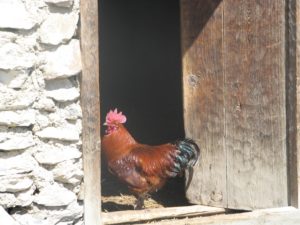
Suddenly the door opens and a little girl wearing a school uniform comes running into the room, throwing her ruck sack down to the floor, jumping on top of the bed to be with her grandparents. She is their oldest grandchild, Roshani, three and a half years old.
Maya and Akal used to rent a flat on government land but they were chased away and had to move. Then they took a big loan, to make their own home here in Kalanki. The first year, however, the flood came and water filled their apartment. It was impossible to live there. Then they took another loan and made a second floor. They now owe almost 300.000 rupees. Their daughter had a good job and a steady income, but after her death it is not possible for them to pay back the loan, soon they will not have money enough to send their granddaughter to school, they can hardly feed themselves. Both of them are sick and need expensive medicines, still they have to take care of the children, as their son in law is working. They are trying to make a living by selling batics to foreign people, but since tourists deserted Nepal, there are no market to sell anymore. Disabled people in Nepal have the right to claim 150 rupees per month from the welfare office, but for people living far away from this office, it may be even more expensive to collect the money from this office, which does not even have a ramp for wheelchairs.
- There are no dreams left, Maya says. – All of them are gone. I would like to see peace in Nepal, people being able to stay in their own villages, working together for peace. And we would like to do something for this, but because we are old and disabled we are not able to.
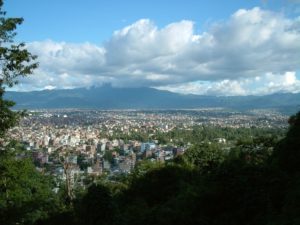
Akal gets out of the wheelchair and humps on top of the bed, where he gets seated next to his wife. Then he lifts up his grandson and places him on the lap.
- People are dying, and even if life is not good, it is better to live with each other in peace, Maya says. – We are only one nation, but political parties are arguing and fighting each other. I think they are trying to destroy this country. People tell me not to cry, but I can not help it. We had a daughter and because of her and the grandchildren we could have done something. But since our daughter died, we are not able to do anything and cannot dream of anything. The last year it was hard for us even to survive. Most of the days we are crying and life is passing, just like that, Maya says.
- We used to think that money is not everything, she says. But now we think there is nothing bigger or better than money.
Kathmandu, January 2005. Interpreter: Indira Amatya
